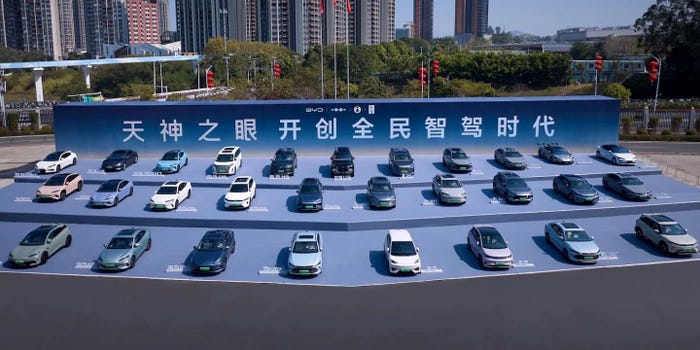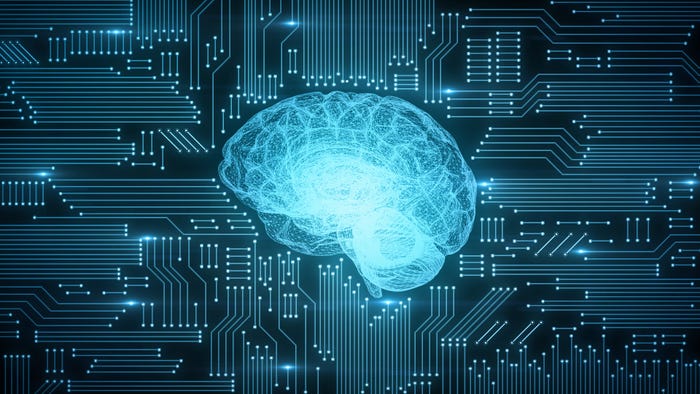The Role of Humans in AI Superintelligence: AI Summit New YorkThe Role of Humans in AI Superintelligence: AI Summit New York
Walgreens Boots Alliance’s Inderpal Bhandari said superintelligence could have a profound impact on society and industry

AI superintelligence – AI that's smarter than the human brain and can outperform humans in every field – already exists when AI enhances human performance.
Inderpal Bhandari, founder and chairman of Virtual Gold and independent director at Walgreens Boots Alliance and The AES Corporation, expressed this opinion at the AI Summit New York Thursday.
Bhandari argued that while public opinion is divided on whether AI is smart or dumb if you have a human in the loop, the performance of both is enhanced beyond the capabilities of either. And the impact of AI superintelligence on society could be profound but its effects depend on the human observer.
“Whether they benefit depends on how skilled the human is or how expert the human is, so in a sense, there is an inequity there,” Bhandari said.
“It’s going to have a huge impact on society because it's going to impact diverse professionals in diverse domains. But there is also going to be an issue of how this technology is used. You can use the technology for good purposes or nefarious purposes, but either way it raises the question, how
When it comes to defining AI superintelligence, Bhandari explained that the classic definition is computers exhibiting behavior that's way beyond the intelligence of humans, but in his opinion, it is more of a theoretical question.
“You could set up an experiment, but if you've got an active human actor and they can perform much better, it raises issues about the potential, as well as the risk,” he said.
“I think there's going to be some specific domains like autonomous driving that within a few years will see the machine doing a better job than the human. But I don't think that's going to be true broadly.”
Moving to the topic of generative AI, Bhandari discussed some use cases where it could deliver efficiencies for human workers.
“Health care is a domain that I'm very familiar with as I’ve worked in it. It is a broken system and is one of those top candidates for AI transformation, not just for automating the administrative tasks, but also in terms of when you couple it with wearables to boost self-care,” he said.
“We’re already seeing it used for automation to improve the jobs of accountants and frontline workers, for example. But it’s not going to take people’s jobs. We still need people to train these models and systems so they can be more productive.”
This article first appeared in IoT World Today's sister publication AI Business.
Read more about:
AI Summit New York 2024About the Author
You May Also Like








